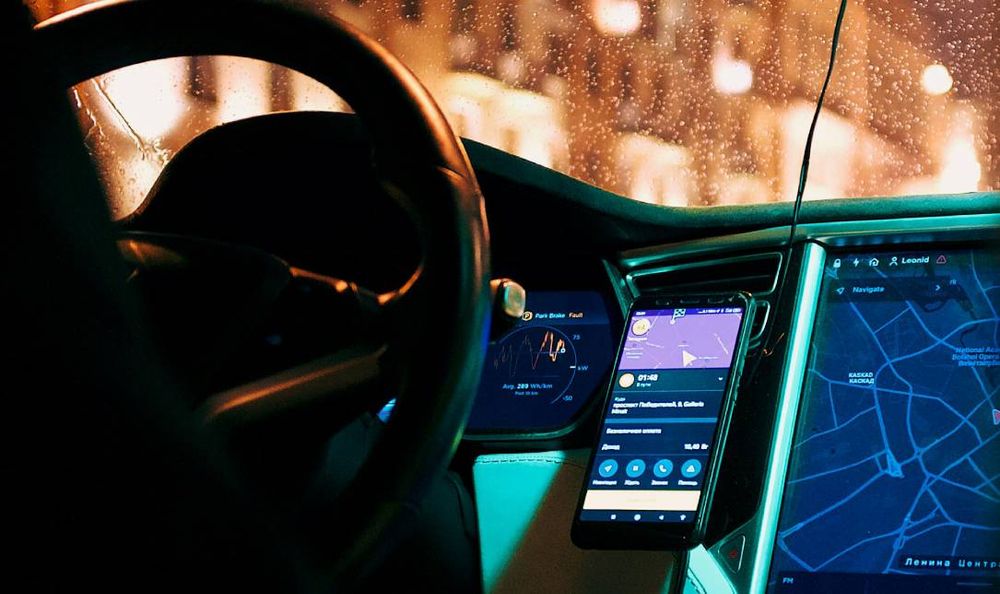Insurer unveils policy covering drivers from connected car hacks and data leaks
A specialty insurer on Tuesday unveiled a new product offering cyber insurance for automobiles, providing coverage protecting drivers from cyberattacks, ransomware and identity theft.
Germany-based Munich RE said it created its Cyber for Auto product through its U.S.-based subsidiary HSB to help consumers respond to cyber exposure they face through their use of connected cars.
Connected cars are under increasing scrutiny for their extensive and largely unregulated data practices, collecting and often selling driver biometrics, phone call logs, text message content and driving patterns to data brokers.
The new policy option, first reported by Reinsurance News, will cover owners of personal vehicles and is “designed for cyber threats on the road,” the company said in a press release, emphasizing that it will protect “data stored in cars and connected apps.”
“With millions of connected vehicles on U.S. roads, personal cars and trucks will likely be the next big target for hackers and cyber thieves,” the release said.
Munich RE, the largest reinsurer in the world with about €70 billion ($75.7 billion) in gross premiums in 2023, said its “unique” proposed coverage will help protect personal data “stored in personal vehicles and connected to cloud-based and wireless communication networks.”
“Automakers continue to integrate new technologies into today’s vehicles,” James Hajjar, chief product and risk officer for the Treaty Division of HSB, part of Munich Re, said in a statement. “With each added system or connection, there are new vulnerabilities that hackers and other cyber criminals can exploit.”
Passenger vehicles designed since 2020, and even before, are outfitted with sensors, computers and other connected technology, greatly increasing their vulnerability to cyberattacks, the release said, noting that drivers syncing smartphones to their vehicles are “vulnerable to cyber-attacks, online extortion and identity theft.”
In a recent interview with Recorded Future News, surveillance expert Byron Tau explained how even sensors designed to gauge tire pressure can allow cars’ locations to be tracked. Calling cars “computers on wheels,” Tau said automobiles were designed by non computer companies and “there's many vectors for this data to go from the consumer to many parties unknown.”
“Car companies in general have given very, very little thought to privacy and until they're forced to by consumers or regulators, I don't really think they will,” Tau said.
The new Cyber for Auto insurance product will reimburse drivers for attacks on “personal data that is connected and stored in a vehicle,” the release said, noting that it is only a “matter of time when peoples’ cars will become the target for ransomware, identity theft and other types of cyber-crime.”
Suzanne Smalley
is a reporter covering digital privacy, surveillance technologies and cybersecurity policy for The Record. She was previously a cybersecurity reporter at CyberScoop. Earlier in her career Suzanne covered the Boston Police Department for the Boston Globe and two presidential campaign cycles for Newsweek. She lives in Washington with her husband and three children.



